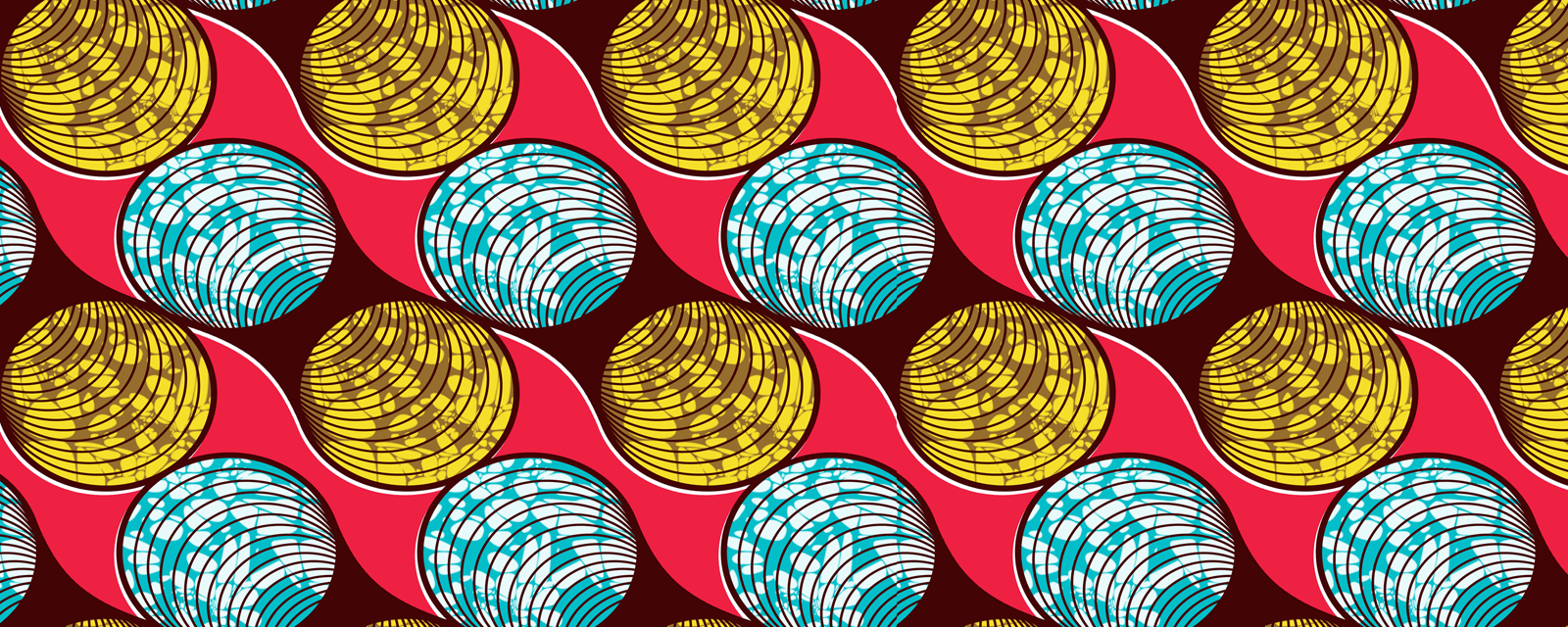Ulli Beier describes Alajire as a manifestation of the Òrìṣà, Ṣọ̀pọ̀na, who is more commonly known as Ọbalúayé or Babalú-Ayé. This Òrìṣà is associated with suffering and diseases such as smallpox, leprosy and AIDS. Alajire can be seen as a wrathful deity who punishes transgressions by inflicting illness, but also as force that teaches wisdom through adversity.
This poem describes Alajire as both terrifying in his unpredictability but also emphasises that it is only by undergoing suffering that individuals can attain maturity.
Alajire, we ask you to be patient,
you are very quick-tempered,
and we worship you for it.
We ask you to be moderate,
you are wildly extravagant
and we pray to you for it.
We ask you not to be jealous,
you are madly jealous,
and we love you for it.
Alajire, you have a strange kind of pity:
will you swallow my head,
while you are licking away the tears from my face?
Alajire, you frighten me,
when you fall gently, like a tired leaf.
Do not covet the beauty
on the faces of dead children.
Alajire, I am lost in the forest,
but every wrong way I take,
can become the right way towards your wisdom.
from Yoruba Poetry
Cambridge University Press, (1970)
compiled and edited by Ulli Beier

